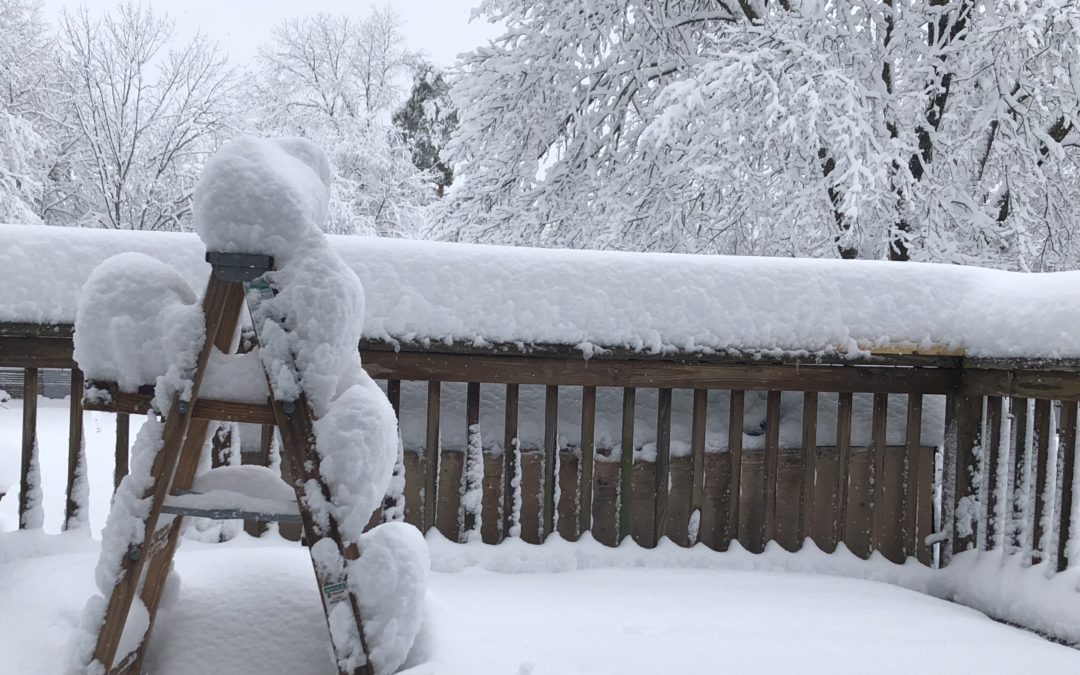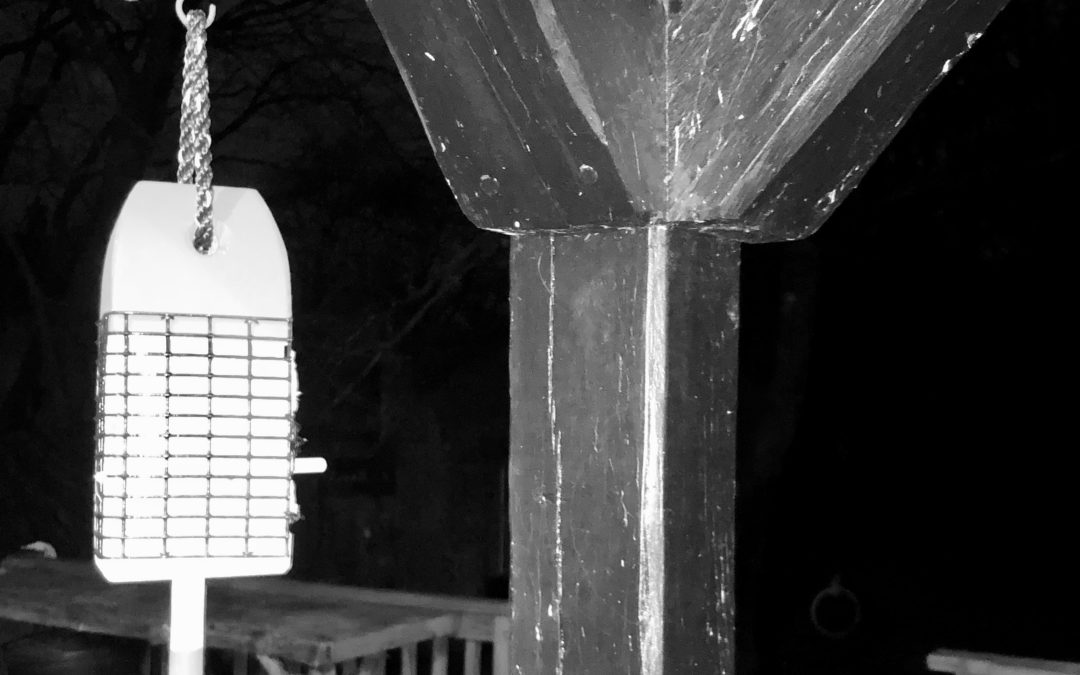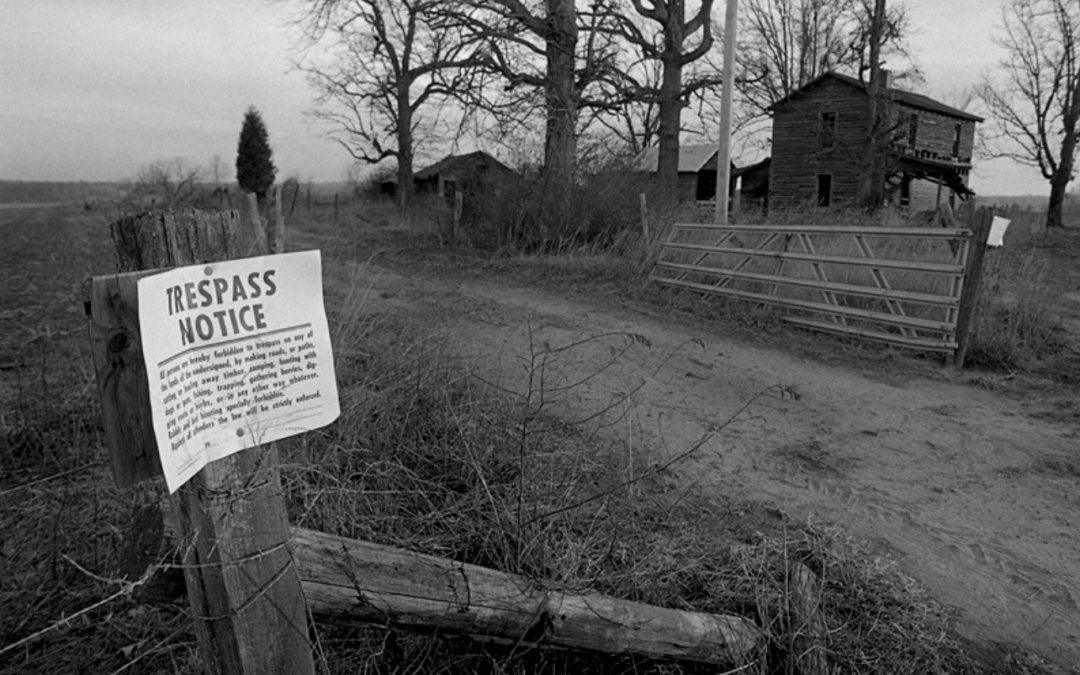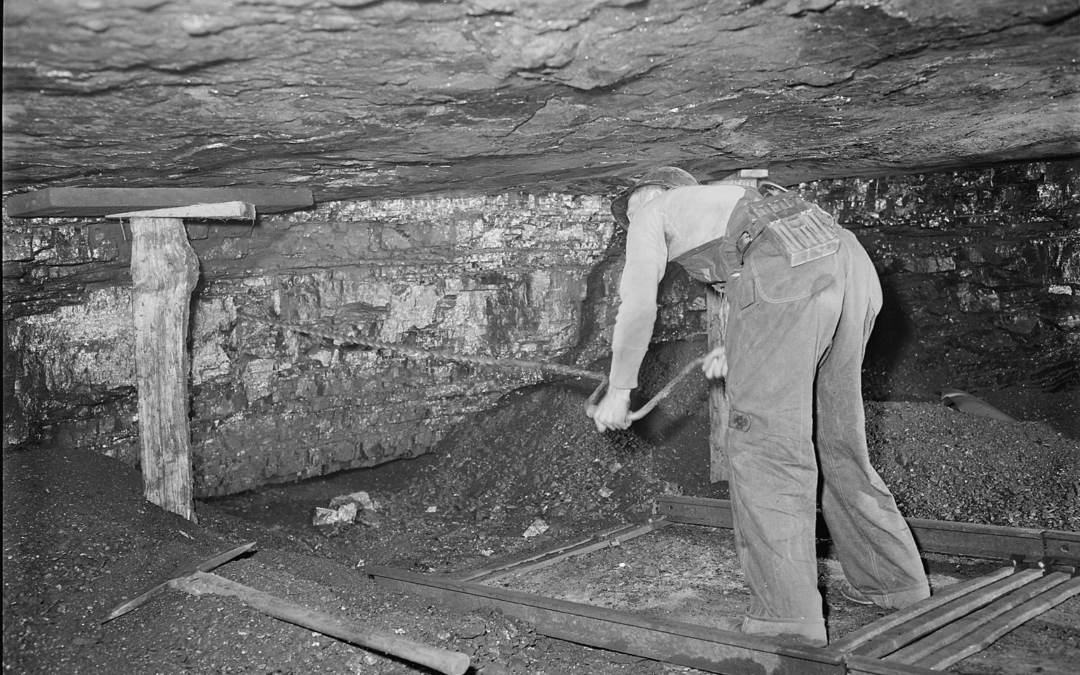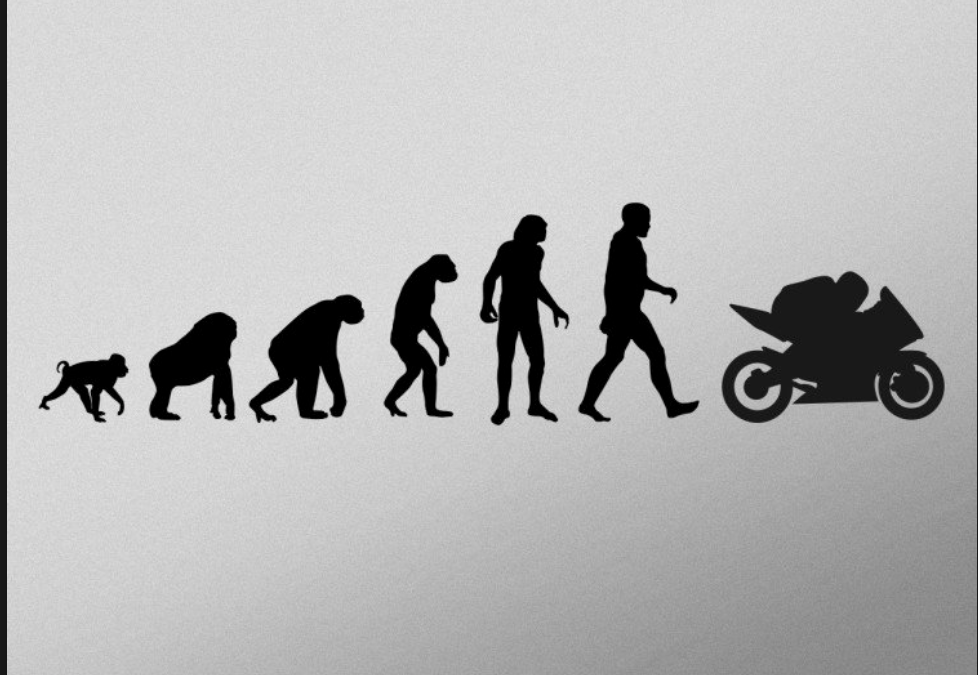
Grandma’s Words
In the beginning was the word…
~Genesis
We do not live in Grandma’s world of words, and neither did grandma live in her grandma’s world of words and on and on and so on in a downwards devolution through untold millennia. From primal grunts, whistles and gestures, language—words— were born, evolved and morphed by time, and so we are now blessed and burdened by a burgeoning mosaic of linguistic and expressive possibilities. Precious few of our feelings, thoughts, emotions and wonderings are locked from expression or driven into some illiterate corner. Each new generation slurps from a lexicon that continually expands and emboldens in breadth and scope to capture and freeze the fleeting fury that is life. Words make real what is sensed, and no doubt our first spoken words were once just a simple coupling of sounds—surprised mutual understandings, workmanlike, practical and primeval grunts structured towards survival in a clannish, harsh and unforgiving landscape. Over time, these words became ways to remember histories, to strengthen traditions, to weave parables from experience that gave meaning, direction, substance to the purpose of the mysterious perplexion of life—the viscera of flesh and innards coiled within a skeletal frame and wrapped in a tender skin.
Then, after thousands of years, came our first written words scratched to walls and papyrus that gave expediency to memory, and since then the longer veil of ignorance has slowly, inexorably been lifting—new light shining on dark places, recurring epiphanies too precious to lose, the ravages of time and misfortune placated by remembrances, and the power of reflection to ruminate in fire of insatiable bellies. Humanity and words have coevolved in a steady march, borne in a symbiosis of needs, yearnings, and aspirations. We have become distinct in our utterances; our thoughts made palpable and immortal by a procreative stringing together of sound married to sense. The collective memories told and perpetuated by bards, prophets and seers transformed into individual exhortations, laments, songs and stories open to anyone brave enough to look beyond and within, cadenced and formed from the rhythm of breath—of life.
Rudimentary technology created pages plied to pages in steady iterations of progress: reams of stories and poems, screeds of drivel, letters and journals and diaries, discoveries and dissertations, insults and insinuations, politics and propaganda—all that could be put to page found a home, an audience, a stage, a platform and a purpose. We now live so fully in words that it is unthinkable to be mute and deaf amidst this stunning cacophony we have birthed onto this muddy orb spinning its transitory ellipsis around a warm star. Words equalize the pauper with the king; words kindle genius in every child; the strength of words is passed to the weak, and solace is laced into the tea of aging. Life becomes more an odyssey of meaning than a reptilian adventure of arduous survival.
Folksy phrases now capture our unfolding dilemma: All good things come to pass; familiarity breeds contempt, and every empire disintegrates through its excesses. Our words, increasingly common, dull and predictable are as much a babble of inanity than a heroic addiction to truth. It is a miner’s labor in a hard rock mine to ferret the gem out of the slurry of sifted soil. The greatest irony is that in our present sea of words—a sea imbued with inexplicable variety—we have lost our bearings and drift away from the distant polestar. We are more addicted to a junkie high of email, texts, fake news, real news, and viral blogs than we are to real words wrought and crafted in a forge of deliberate attentiveness. We wake and post to Instagram; we check our Facebook feed and turn out the light. We love words without seeing and feeding on the intrinsic power of words. We are factory workers hammering out cheap parts that live and die like mayflies in a day. Little is left that is truly lasting—a ripple on the water, a shimmering in a fading light. We are more prey than predator. We hide in tangled scrub and are content to merely survive.
This power that erodes us is also the power that strengthens us, but only if we exercise our wills. It’s a new paradigm, and it is neither good nor evil. It just is. Words—great words, worthy words—are simply a click and download away, and any ignorance of our own is a willful decision and a conscious abnegation of a magnanimous gift. Some part of our lives and our days needs a devotion to this gift, to what is buried in the ground before us before we escape to the lesser pursuits of the day. We have a duty to literature, to what has stood and tested the erosions of time and place. Equally so, we have a duty to find and celebrate the enlightened creators of today. But even more so, we have a duty to ourselves to lay a cornerstone of literacy in our own lives, not just to write with words, but to think with words, to reflect with words and to create with words. No pickaxe is stronger than the pen to find the beauty, poignancy and urgency of our own lives. We all have stories to tell and wisdom to utter. Our headstone in a quiet graveyard should be a finger wagging towards a distant moon—a testament to eternity, not a testament to futility.
This is not a call to make quiet bookworms and poets of us all. It is a call to appreciate that words have changed—that the mediums that carry words and create words have changed in the same way we are changing; but we don’t and can’t know the future. Our visions seldom bend over the horizon, and all clairvoyance is sham and a delusion. It is an anathema to even whisper, but I can see a world without books. Not some Fahrenheit 451 dystopia, but some new and mystic way to experience, appreciate and work with words. We have not reached our omega point; we are merely arcing towards it. Reading is not some timeless tradition. It is a relatively recent tradition. It has always been (short of conversation and oratory) the most efficient way to carry words to our minds and to other minds. A good podcast, documentary, Netflix series or movie can well do the same thing. Doctor Zhivago stills my heart whether I read it or watch it. Natures First Green Is Gold relived in memory is as precious as the words on a brittle page. In the end, it is the effect and memory of words, not the conveyance, that wins the day. I can learn any given point in history just as fast—and in a way that is just as edifying as reading—by watching some Ken Burns series. I can experience the sublime in the cinema as deeply as from a classic novel. Words are wed to form, not married to any particular structure. We should not be shamed in our choices or pushed from the path our genius takes us simply by the gravity of inertia.
As Thoreau writes in Walden: “Old ways for the old and new ways for the new,” and so it is with how we learn to use, create and craft words. By and large, English teachers give damn about how and why they teach, and most are pretty damn good readers—great readers, avid readers; gifted men and women who embrace, experience and want to pass on the transformative power of reading. Hell, I am one of them! Good-hearted, gracious, gifted dedicated and wise teachers, they absolutely, fully believe that reading is the cat’s meow and holy grail of any school’s curriculum, for how else the Sam hill can or will anyone succeed in any future endeavor without reading? The funny thing is that almost anything read must first be written, and most English teachers are no great shakes as writers, at least not in any real way. Time spent reading, more often than not, dwarfs the time spent writing.These teachers are, however, damn good graders and critics of writing, but, regrettably, they are more quick and ready to slash and burn most any piece of writing that passes through their twitching hands and under their squinting, critical eyes as they are effusive in their praise for a noble, but ultimately insufficient response to a writing prompt. They cannibalize the young like frogs gorging on tadpoles. They are quick to condemn, but not willing to be condemned themselves. It is a weird thing: I doubt a school would hire a trumpet teacher who couldn’t play the trumpet or a shop teacher that couldn’t build a table. I wonder if more teachers wrote—even just as much as they ask their students to write—that some new breed of mutual respect for the power of words would take root in the classrooms and in the assignments, so that both the boat of reading and the boat of writing, molding and shaping words would rise with the flood of a newly enlightened tide, for it is a rare writer who is not also a fanatic reader.
The idea and promise of a certain pedagogy often supersedes common sense, and we are seldom as smart we think as we weave new meanings into old words and phrases. We fully believe we are creating new paradigms, when in reality we are simply reworking the old—gifting new and catchy words to a time-worn tradition. My school just spent a gazillion dollars building a new makerspace—a new word for Shop. No one will dare say it, but the unbreathed insinuation is that it is a shop—a shop for smart kids; enginneery kids destined to shape and mold our technological future—not for the greasy kids classrooms never served, the kids who gravitated to old-style metal shops, wood shops and auto shops because it was the only place they actually learned and the only place that rewarded their bent of erudition. My school also built a new woodshop along with our Makerspace, so I give kudos to us, but not to the schools dismantling their traditional shops for the flotsam of the future. Much of the blame falls on shop teachers, noble teachers, but often teachers who are not comfortable or fluent in creating new words for new times capture the hearts and minds of school boards and administrations desperate to be on the supposed cutting edge of education.
Our new Makerspace is a marvel of engineering and purpose meant to spark creativity, ingenuity and experimentation. It will no doubt be full of nifty gadgets: 3D printers spinning gears and trinkets; solenoids and batteries tethered to spider-like robots; reams of duct-tape, cardboard and wires cobbling dreams and visions into unlikely inventions. We are asked to wed our curriculums to a vague covenant. I actually like the word makerspace. It has a nice ring to it, and it is easy to coil my imagination around its intent. I’m happy that we are latching onto this vision of learning and creating for a new breed of kids, but I would take the vision one step further, for there is no place in this new makerspace to work solely with words, no makerspace to push new boundaries of expression with the greatest tool and gift we have—WORDS! Every classroom should be a makerspace, equipped as a makerspace, and experienced as a makerspace, for if we cannot make something from what we have learned, we will have lost the palpable touch to the words that tried to teach us in the first place.
It takes no genius of the mind to create an orchard from a fallow field. Fortunately, my school is prescient and forgiving enough to let me follow the bent of my madness. I don’t have desks in my room. I don’t allow backpacks trundled in to litter my floor and remind my students of the baggage of every other academic demand they carry through the rest of the day. I don’t allow notebooks, pens or loose sheets of paper to doodle and dawdle upon. They can only bring themselves, a willing spirit, and an iPad, which in my mind is simply a tool—an incredible tool that serves as their library, workbench and portal into the world of words, and so there, within the confines of a small space, a greater universe can be experienced, toyed with, reflected upon and rebirthed in a panoply of forms all built upon making things with words, appreciating things with words, and sharing things with words—and sharing myself with words! I don’t deny the power of the printed page. I have a huge library of tattered books cornered to a pair of musty couches. At any given time my room, littered with sprawled, unkempt bodies, resembles more of a mob hit than a meticulously furrowed alignment of dreariness. The two closets are home to video and recording studios. When students struggle, I tell them to “give a damn and figure it out”—which, in the end, is the only thing they really need to know! When we gather to share, we sit on stools around a massive wooden table crafted by a local cabinet maker. We laugh at our pathetic mistakes and are equally wowed by uncommon perfection. I don’t carry home any sheaves of papers. I don’t sigh and bemoan the drudgery of grading. I come home and sit on the back porch energized and eager to see, hear, immerse myself in, and experience the fruits of indefatigable efforts. I grade myself more harshly than I grade my students. I stumble and fall, but always try to lean forward onto something that resembles progress. I try to live what I ask them to do—love words and what words can do.
Damn… I ramble on. I am as often as not a parody of what I preach; I am life without conclusion. Points without centers. A diaspora of wandering words sucking manna in a desert. But, like anyone, I am convinced of something wild and ultimately inexplicable and there is yet a word for it. I spill the cart of my head with willful abandon. I collect the trinkets spilled on the page because I can’t foresee or imagine a world without words that mean more than their weight. I am a gong in the night from a distant bell tower reminding myself that words are part of our ancestral lineage and future promise. I am my grandma’s words and the words of my young, I cling stubbornly to the notion that sculpted and crafted words are our only way to move forward and beyond what we ever were or are or will be…
We are blessed by cursed Fate. We live in the infinite and recurring now. We are horses led to perfect water. So drink today before tomorrow—before the rosy fingers of dawn shine once more.
And the Word was made flesh, and dwelt among us…full of grace and truth…


